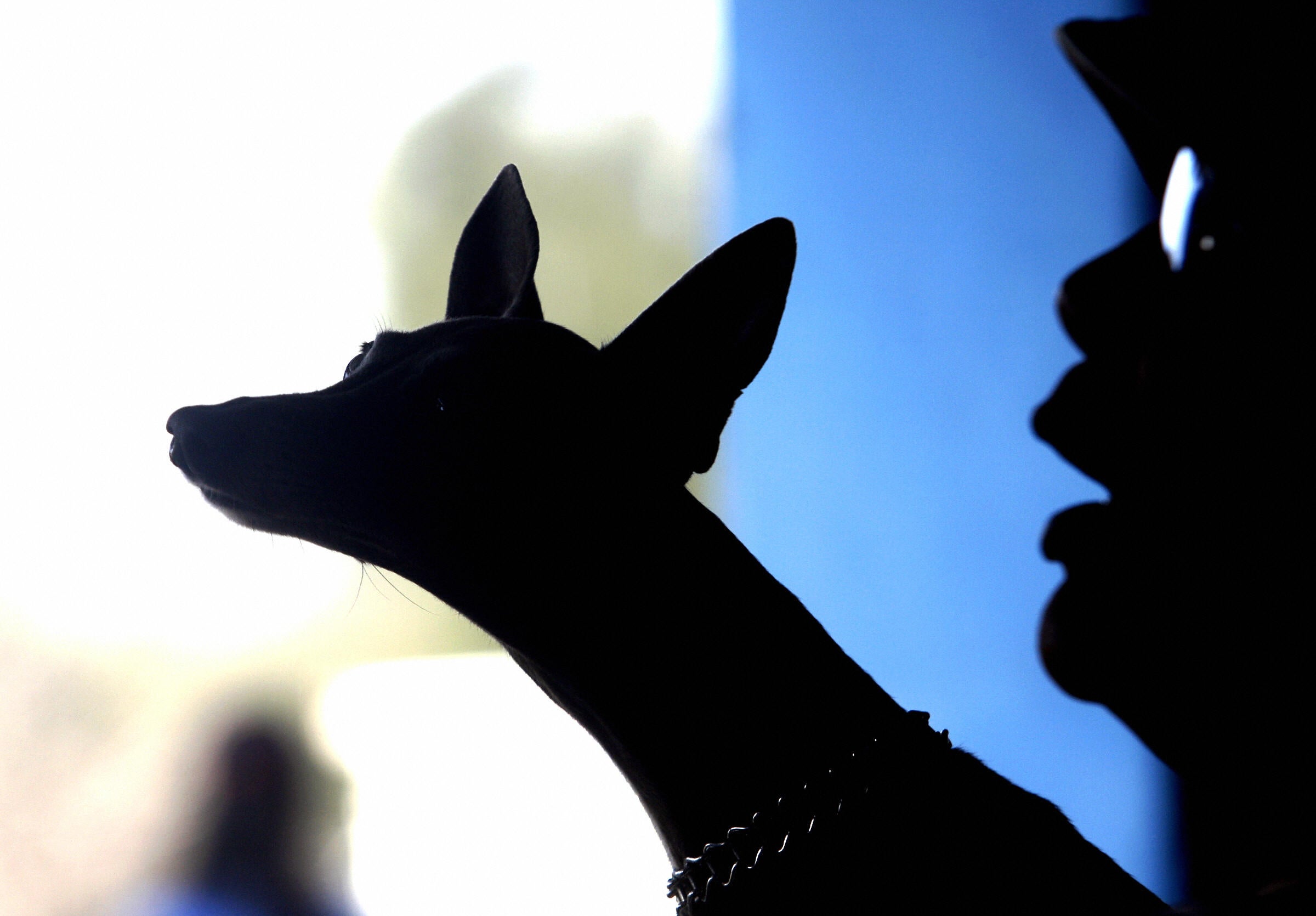Dog catches monkeypox from owners after sleeping in their bed
Researchers call for discussion about isolating pets from people who test positive for virus

Your support helps us to tell the story
From reproductive rights to climate change to Big Tech, The Independent is on the ground when the story is developing. Whether it's investigating the financials of Elon Musk's pro-Trump PAC or producing our latest documentary, 'The A Word', which shines a light on the American women fighting for reproductive rights, we know how important it is to parse out the facts from the messaging.
At such a critical moment in US history, we need reporters on the ground. Your donation allows us to keep sending journalists to speak to both sides of the story.
The Independent is trusted by Americans across the entire political spectrum. And unlike many other quality news outlets, we choose not to lock Americans out of our reporting and analysis with paywalls. We believe quality journalism should be available to everyone, paid for by those who can afford it.
Your support makes all the difference.A dog has been diagnosed with monkeypox in what is thought to be the first confirmed case of the disease being transmitted from humans to pets.
The 4-year-old Italian greyhound tested positive for the disease earlier this summer, shortly after its owners, who live in France, first showed symptoms.
The owners attended the Pitié-Salpêtrière Hospital in Paris on 10 June after developing ulcers. They were found to have monkeypox, which has so far infected more than 1,700 people in France.
The animal continued to share the same bed as the couple, who said they were “careful to prevent their dog from contact with other pets or humans from the onset of their own symptoms”.
Less than two weeks after they were diagnosed with the viral disease, their dog began to display signs of monkeypox.
Researchers from the French capital’s Sorbonne University tested the animal, confirming that it had the same strain of the illness as the couple.
“To the best of our knowledge, the kinetics of symptom onset in both patients and, subsequently, in their dog suggest human-to-dog transmission of monkeypox virus,” they wrote in a study published in the Lancet health journal this month.
“Our findings should prompt debate on the need to isolate pets from monkeypox virus-positive individuals. We call for further investigation on secondary transmissions via pets,” they added.
Although the disease has been detected in wild animals in endemic countries and captive primates in Europe, it had not previously been identified in domesticated animals, the researchers said.
As of 12 August, more than 80 countries had reported cases of monkeypox, which the World Health Organisation (WHO) has declared a global health emergency.
In total, there have been more than 31,400 confirmed infections worldwide, around 3,000 of which have been identified in the UK.
Last week, the WHO opened a forum to discuss renaming the disease in response to concerns about stigma and racism.
The global health body said the move was made to “avoid causing offence to any cultural, social, national, regional, professional, or ethnic groups, and minimise any negative impact on trade, travel, tourism or animal welfare”.


Join our commenting forum
Join thought-provoking conversations, follow other Independent readers and see their replies
Comments